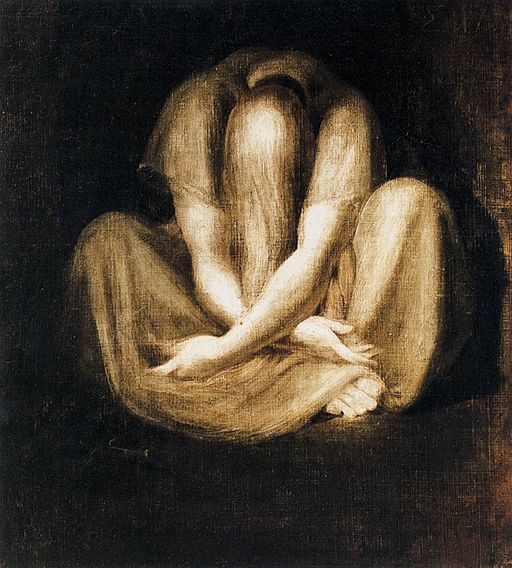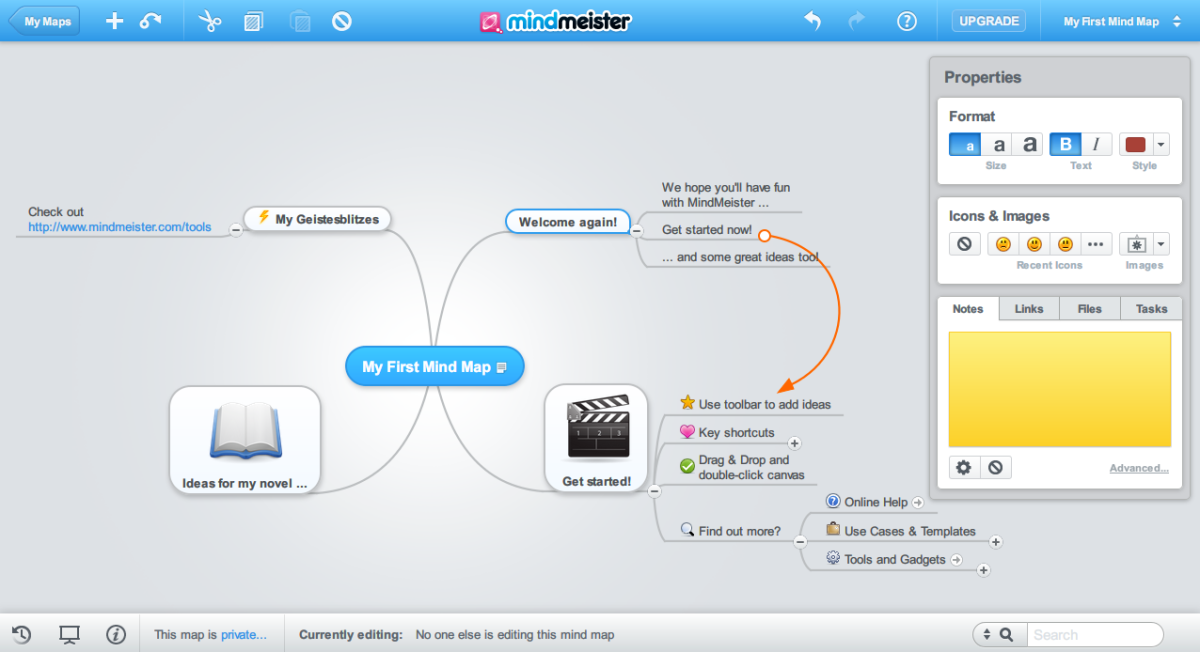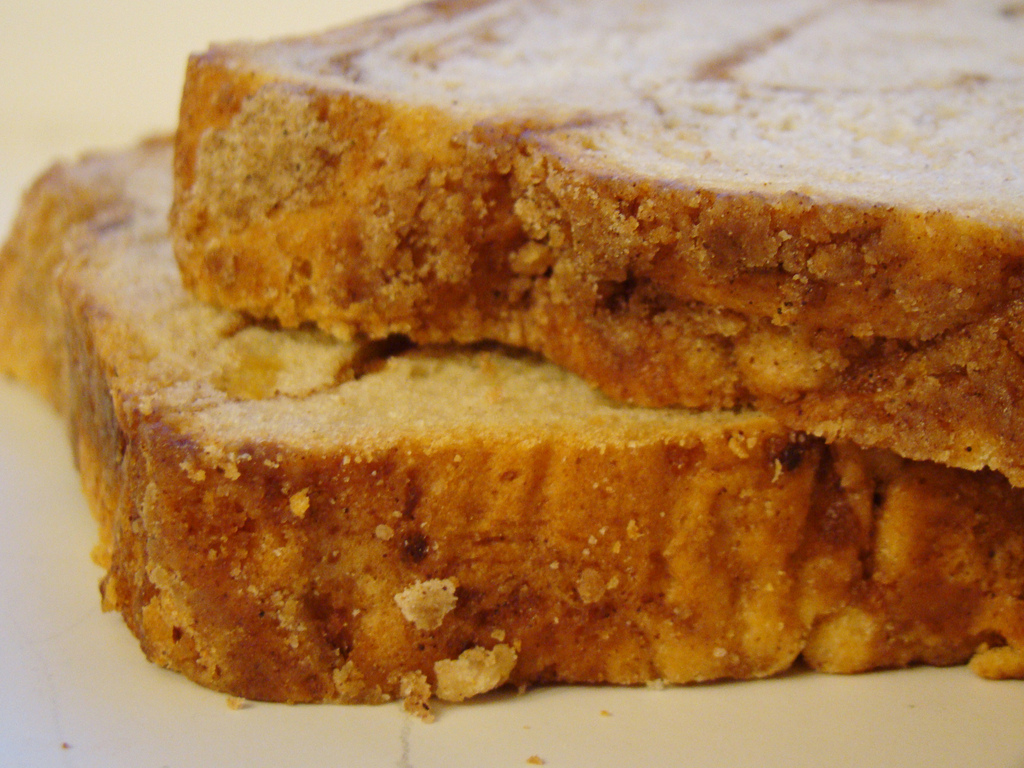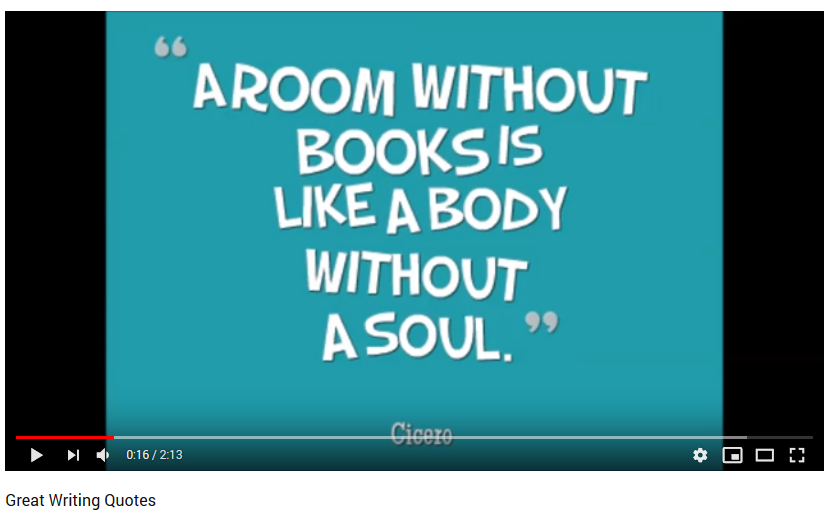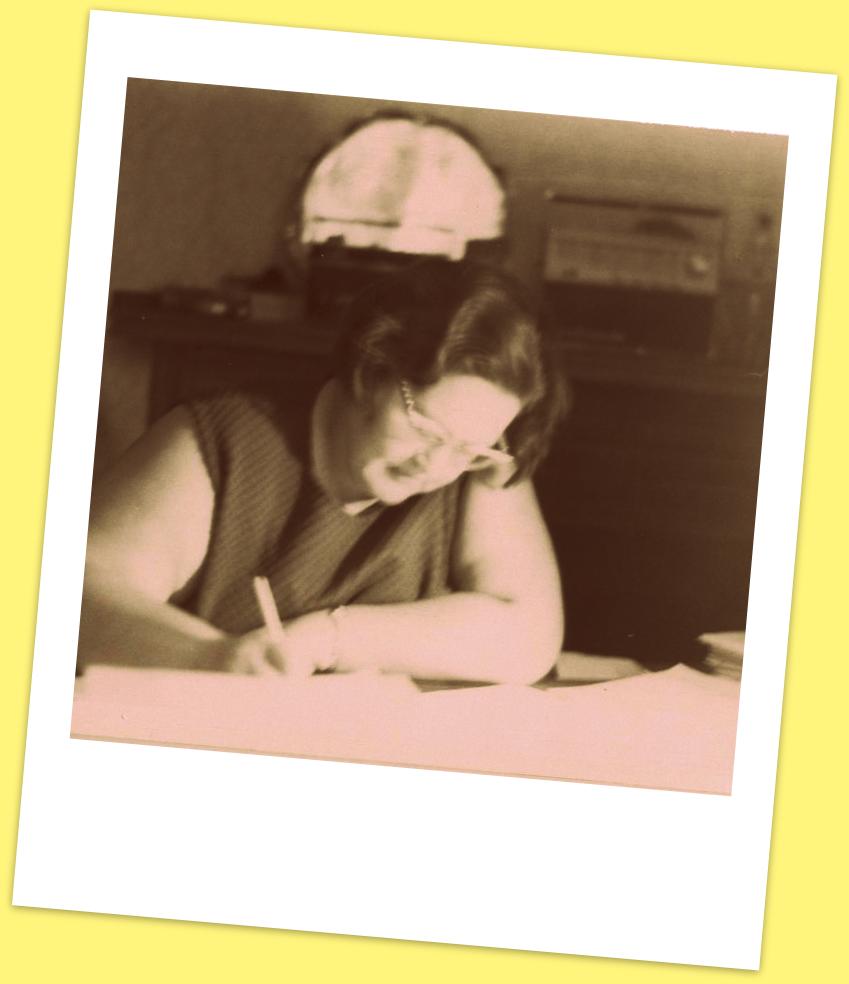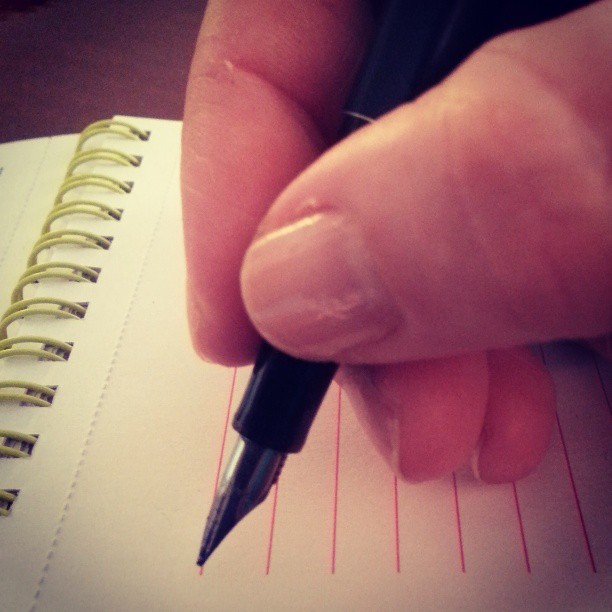
John Grisham, PD James, Stephen King … welcome to the famous, infamous and unknown writers who are, or were, writing after hours. You might just be starting off as a writer, or you might be a spot in the distance already, but writing after hours invariably brings its own challenges.
Value Your Relationships
Ask after-hours writers what they would really value, and it would probably be more hours in a day. Why, oh why do humans need to sleep? You are welcome to ask the question, but not to shorten your sleeping time … it just doesn’t work.
If you have a family, you have to honour that and make sure that you don’t steal family time to work on your dream. It’s just not fair. Family comes first. But family should also support you in your dream, especially when a deadline looms.
What about the singles? Being single doesn’t mean you don’t have relationships. You have friends, family, maybe a possible loved one. Again, don’t follow your dream and cut yourself off from people. The whole point of writing is being human and experiencing all the complicated relationships that go with being part of a group.
The great African concept of “Ubuntu” captures it well: “A person is a person through people.” As a writer there is no way that you can isolate yourself from people. In fact, if you are solo, you need to make sure that you mingle, because writing is a solo performance, but the content you are creating comes from the crowd.
Don’t Cheat Your Boss
It is very tempting to “steal a bit of time” at work to “work on your writing”. More so if you have an office job, but if you work away from a computer, you can still steal time to think about your plot or your next blog.
Don’t do it.
Even if you don’t feel a great love for your boss, cheating him or her has a way of coming back and biting you in the buttocks. Life is funny that way.
That’s not to say that you have to spend your teatimes gossiping about last night’s soapies with colleagues. No – those few minutes can happily be spent on writing, or thinking about writing. And don’t tell me you won’t be able to plot out a next chapter during your lunch hour.
But, just like school, when the bell goes, and you are back in “class” – pay attention.
Use Odd Times for Odd Jobs
Think about the time you spend traveling to and from work. Maybe you could catch a bus or a train and rather use the time thinking up a great storyline? Because you cannot do it driving in rush hour traffic, except if you are part of a lift club or have a chauffeur (if so … how can you afford him?).
What about the delightful time you spend waiting in line at the doctor or the bank or your child’s school?
Odd moments such as these are great for taking out the notebook (which writers always have available) and creating an outline, or writing down ideas, or snatches of conversation, or planning an eBook. Whatever takes your fancy. Don’t waste these golden minutes and then steal them from your family or your job.
You Really Need a Plan
It is a well-known fact that the world consists of planners and doers … well, well-known in most popular magazines, maybe. Because it is not important if you are not a “planner”. If you want to write after hours and not cause chaos at work or at home, you had better start learning the basic skill of planning your time.
When do you like to write? Are you a lark or a night owl? If you have a family, you might have less of a choice. The evenings are theirs, not yours. This is really important if you have children, but no less so if you have a spouse.
So, even if you are not a “morning person”, you might have little choice but waking up early, drinking a triple espresso, and getting to work before the house wakes up.
Or, you could do this once everyone has gone to bed … but that might not be too great for your love life.
Or you could schedule blocks of time: Monday and Wednesdays are my writing times.
Or: every second weekend I get to spend the whole Saturday writing, and the whole Sunday with my loved ones.
Whatever works for you. But make it a routine, so that everyone knows what to expect. And have trade-offs: If I have to go out to a spouse’s function on one of my “writing evenings”, I get to move it on to the next day.
Make Some Hard Choices
If you are serious about “this writing thing”, then it is something your friends and family should know and respect. And if they don’t respect it, well, at least they should know about it.
When you make decisions to write, rather than have fun with them, they should understand why this is so important to you. But you can, on occasion, choose to have fun with them and sacrifice your writing. As long as everyone knows that you are giving up something important to spend time with them and that this is a special occasion, not a regular occurrence.
If you really want to make it as a writer, you will learn pretty soon that boozing the previous evening generally doesn’t make you hyper-excited about writing the next morning. Fitzgerald and Hemingway are great examples to follow in terms of their writing, but not their lifestyles so much.
Use a Chunk to Organise
Use one of your chunks of time to organise everything for the following days. When the next chunk of time comes up, you can simply sit down and start writing.
Call it what you will: research time, mindmapping, outlining – but schedule time to do only that, so that you don’t have to do bits and pieces while you could have been simply writing.
See your writing time as something special and make it easier for yourself to start once you sit down to write. Don’t waste time getting things or organising something or making coffee or even waiting for the computer to start up.
For instance, if you like to have a cup of coffee steaming as you crack your knuckles before touchdown on the keyboard, then by all means, set out the coffee things the night before.
Of, if your computer isn’t on all the time, switch it on, make the coffee and come back with the screen ready and the cursor winking happily at you.
Little things.
Because you have little time, the lost minutes spent organising things and setting out things and switching on things and “getting ready” adds up to that horrible point where you are on a roll and you have to stop because everyone is up and about and the porridge is getting cold, dear.
Be There
When you write, don’t feel guilty because you are not spending time with your family or friends. When you spend time with your family or friends, don’t feel irritated because you could be writing.
When you are working at your day job, don’t think of writing. When you are writing, don’t think of your day job.
Just plan ahead and enjoy the moment as long as it lasts.
And remember: you are in good company:
 So, since there’s been no movement of this short dream parable eBook, I removed it from Smashwords and moved it to Amazon KDP Select. I priced it at 99c (USD) and chose some Christian and insipirational categories for it.
So, since there’s been no movement of this short dream parable eBook, I removed it from Smashwords and moved it to Amazon KDP Select. I priced it at 99c (USD) and chose some Christian and insipirational categories for it.
